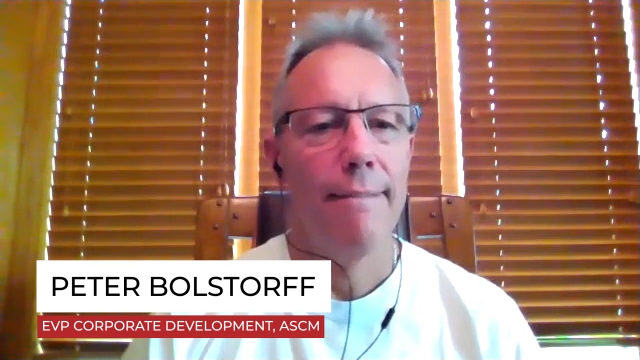Why do some supply chains bounce back from disruptions more quickly than others? New research from the Association for Supply Chain Management clarifies what makes a company resilient.
Research undertaken by ASCM about supply-chain resilience during the Great Recession of 2007-2008 was expanded to include the effects of this year’s coronavirus pandemic and most recent economic downturn. The idea was to identify those companies that are best able to withstand such disruptions, and determine how they differed from less agile organizations.
One element that jumped out of the research was the importance of digital investment. Those companies that had invested in digital capabilities 18 to 24 months ago were better able to sense disruptions in their supply chains and integrate risk management with synchronized demand planning, according to Peter Bolstorff, ASCM’s executive vice president for corporate development. Also of note was the ability of some to pivot to the manufacture of critical care items, such as face masks and ventilators, for coping with the pandemic.
Digital processes — the automation of key tasks that had previously been carried out manually — enabled companies to sense changes in demand throughout the supply chain “from the supplier’s supplier to the customer’s customer,” says Bolstorff. ASCM’S research, in partnership with the Deloitte consultancy, also entailed the introduction of a digital capabilities model, which included such concepts as synchronized planning, the connected customer, intelligent supply and dynamic fulfillment. “We wanted to understand the investments that were most impactful,” Bolstorff says.
ASCM’s approach to identifying the qualities of resilient supply chains boiled down to “the five S’s”: scanning, smart, scalable, shiftable and sustainable. It’s all about the ability to “sense and respond,” relying on digital capabilities to alter demand and supply plans in accordance with changing market and economic conditions.


